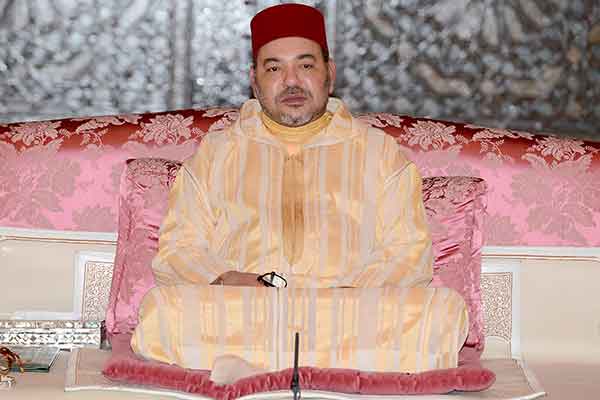Managing Islamic Affairs in the Kingdom of Morocco

Islamic affairs in the Kingdom of Morocco are managed in accordance with the oath of allegiance.
The Protection of Religion:
It stipulates that the Commander of the Faithful defends religion in domains of which are these four:
- Protecting the constants of the Muslim community, namely the creed, the madhhab (school of religious jurisprudence) and the spiritual education;
- Managing public life according to what is not in contrast with the final rulings stipulated in the authentic Sharia texts;
- Commissioning religious scholars to teach people religion at various levels;
- Facilitating people’s religious life by building mosques, assigning imams, supervising the performance of pilgrimage, publishing prayer times, and celebrating religious occasions, etc.;
It is on the basis of this first requirement of the bayca, safeguarding religion, that the Commander of the Faithful is duly assumes the supervision of the field of religious affairs because it concerns the whole Muslim community and not a social or political trend to the exclusion of another.
Islamic Affairs Management:
The directives of His Majesty are implemented by the Ministry of Religious Endowments and Islamic affairs.
His Majesty appoints the minister of Religious Endowments and Islamic affairs from among the personalities who have no political affiliation; the minister then becomes a cabinet member; however, the fundamental legal texts by which the ministry operates are sharifyan decrees; that is, issued by the Commander of the Faithful.
The logic behind this Moroccan distinctive feature is that the field of religious affairs is a lasting constant; it brings the Muslim community together and is not subjected to the changes effected by the political programs of political parties.
In the Kingdom of Morocco, there is a growing awareness that heightens with the passage of time among political actors that the competition of programs aiming at serving public affairs does not include religious life, and that public interest, including political development along a democratic model, is compatible with this specificity.
The state’s general budget is nine-tenths of that of religious affairs because it meets social needs while the revenues of religious endowment assets is one tenth of this budget.
The seat of the Ministry of Religious Endowments and Islamic Affairs, which manages the field of religious affairs, is in the royal palace; it is represented by eighty-two delegations in the country’s regions and provinces.
During the last three decades, a number of customs in the field of religious affairs have migrated from their oral customary form to an organized legal form which facilitates recourse to them in preserving the constants and managing religious services.
